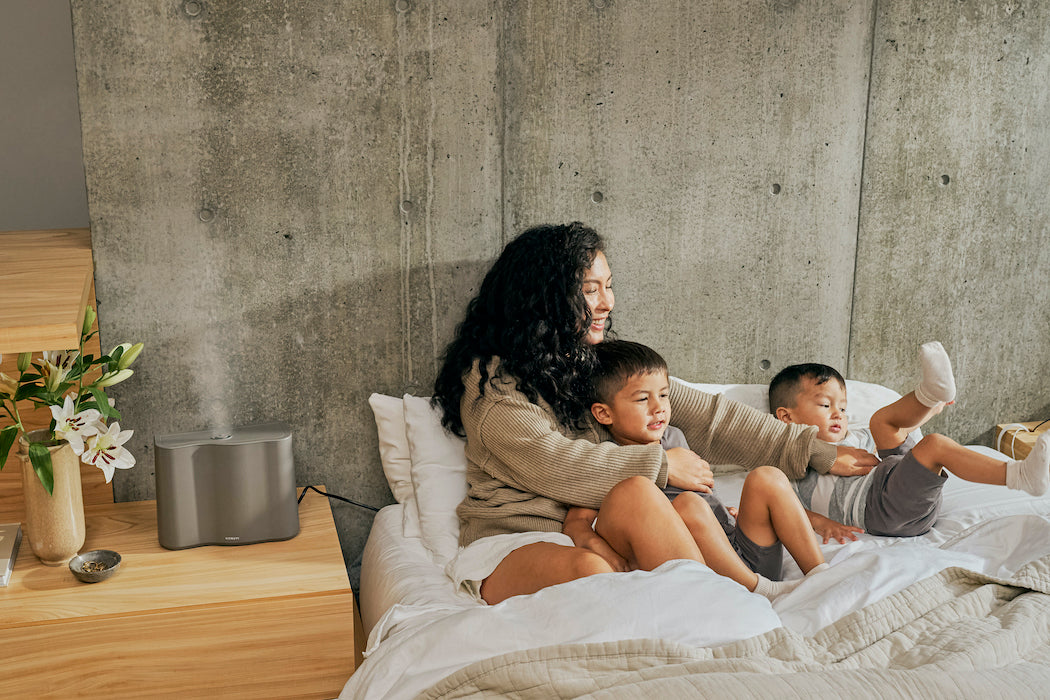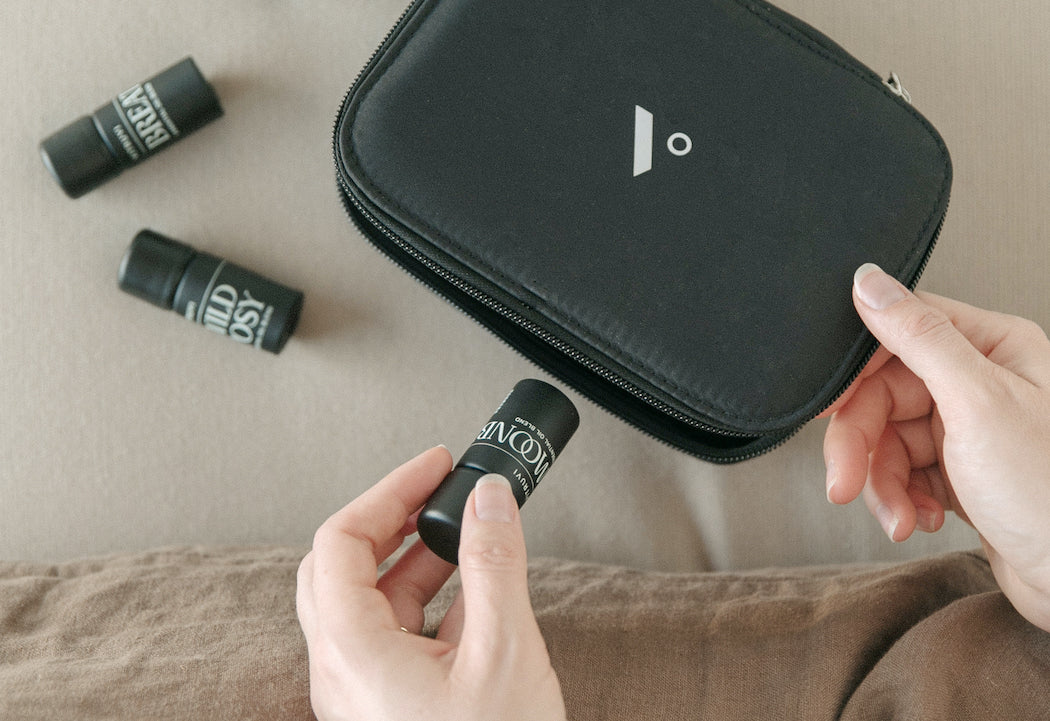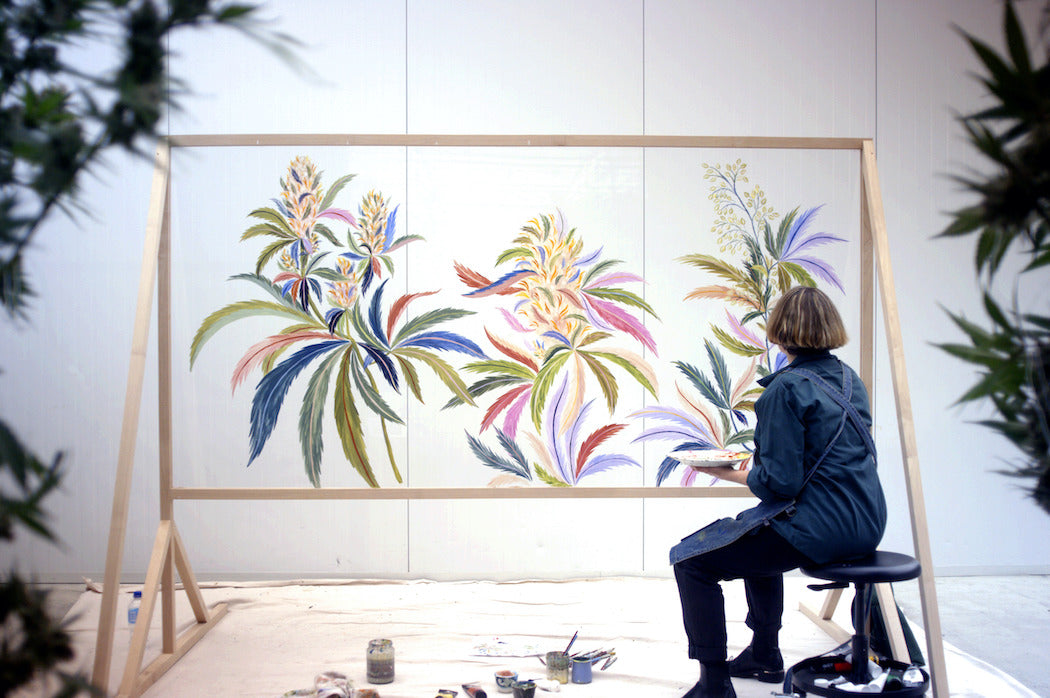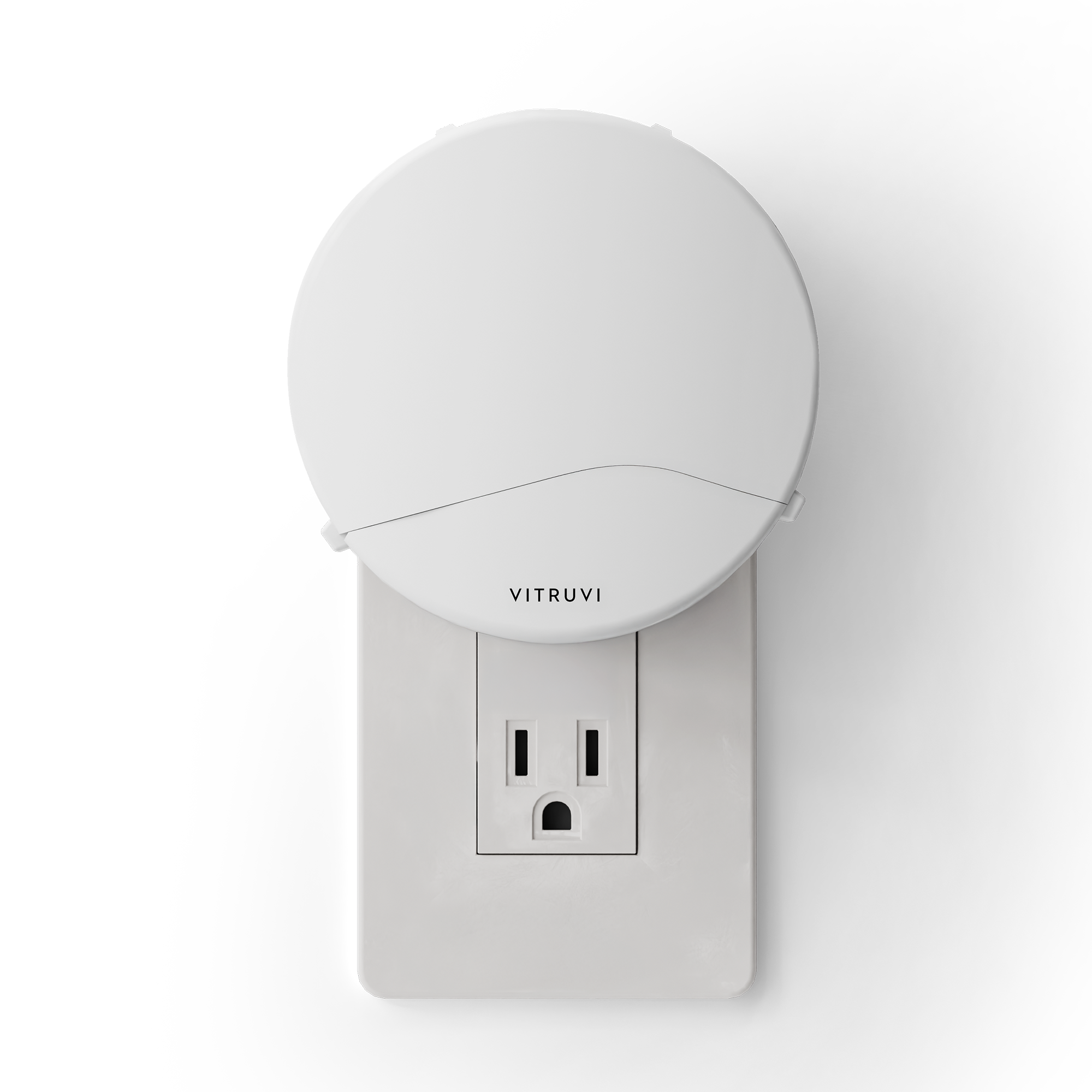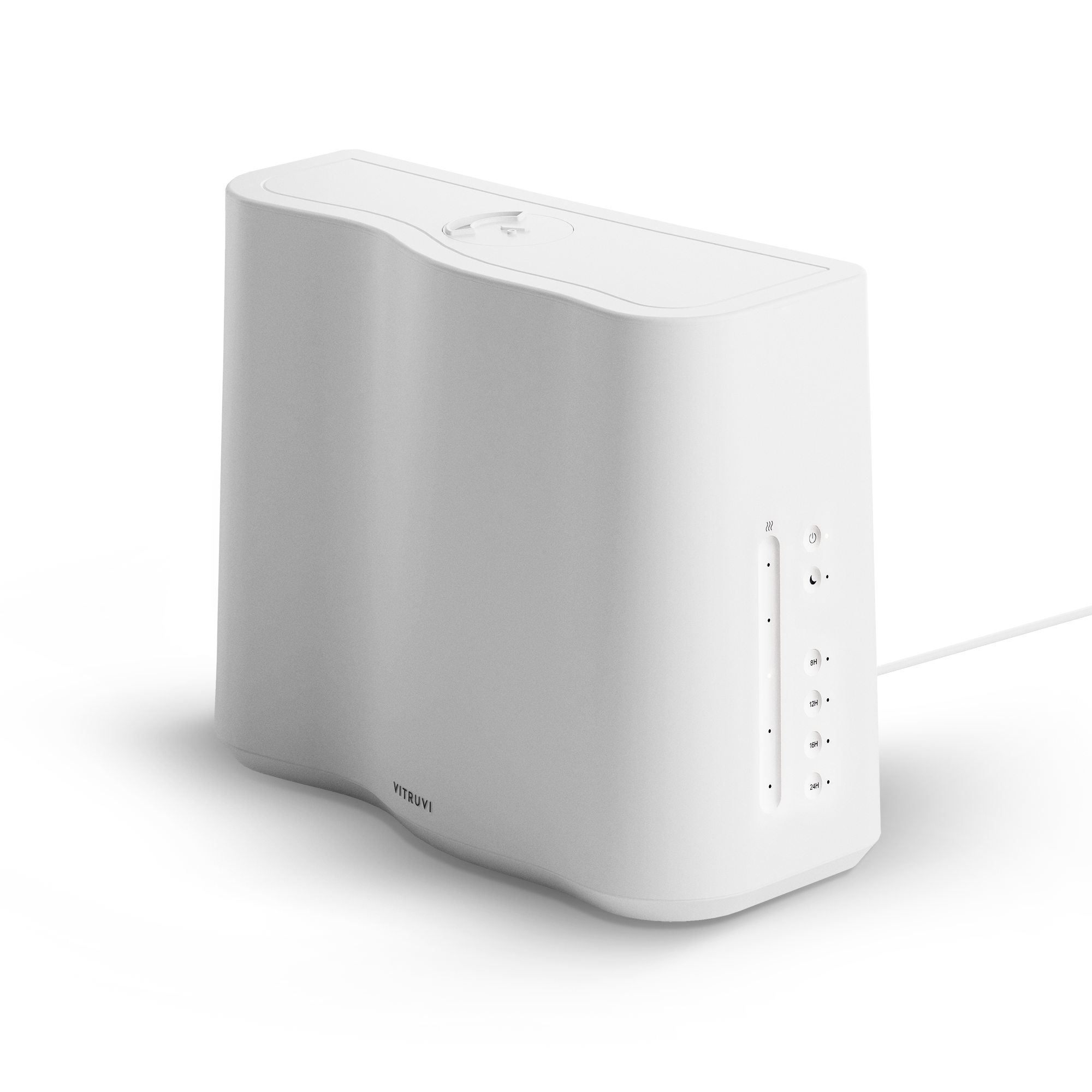I begin by acknowledging my own privileged experience as a settler and a white woman living on unceded Coast Salish territory.
I am not in any form an authority on Indigenous education or resources, but what I am is eager to learn—and to honor our Indigenous communities as best I can, and to decolonize my own belief systems and those of our country.
This has always been important, but the May 2021 news about the remains of 215 children being discovered at a former residential school in Kamloops has brought it to the forefront of our consciousness. It’s maddening that it takes this kind of story to finally spark outrage, though. Because the truth is that Indigenous people are still consistently oppressed and targeted by colonial systems in Canada. A 2021 report by the First Nations Health Authority outlines that in 2020 alone, Indigenous people died at 5.3 times the rate of other British Columbia residents; 254 First Nations people died in 2020 due to toxic drugs, which is up 119 percent from the previous year. It has been reported that Indigenous women were sterilized without their informed consent in B.C. hospitals as recently as 2018; and a recent allegation suggests that Indigenous girls as young as 10 have been forced by social workers to have IUDs inserted. And Canada’s child welfare system fails Indigenous children again and again. This is truly just the tip of the iceberg.
In my own learning and unlearning, I continue to read and to listen. Here are some of the people, resources, articles, and organizations that I have found helpful on my journey so far. June is National Indigenous History Month, but we should be doing this work every month—every day. We must do better.
Buy from Indigenous-owned businesses
The age-old adage of putting your money where your mouth is has stood the test of time for a reason. Buying from Indigenous-owned companies is a great way to show support to these communities. We’ve rounded up some of our favorite Indigenous-owned businesses across Turtle Island here.
Learn about Indigenous history and culture
The University of Alberta has an Indigenous Canada course that offers a comprehensive overview of Indigenous history in this country, including the many atrocities that predate the creation of Canada and continue to this day. The online course can be audited for free or completed with a certificate for a small fee.
There are many organizations in Vancouver that serve Indigenous communities and share Indigenous teachings; consider reading their resources or donating where you can. There’s the Centre for Indigenous Fisheries; the Vancouver Aboriginal Friendship Society; the Urban Native Youth Association; the Helping Spirit Lodge Society; and It Starts With Us, to name a few. The CBC has done extensive reporting on missing and murdered Indigenous women and girls, which is another First Nations issue that does not get the attention it needs; see the CBC coverage here.
Listen to and follow Indigenous voices
- Shayla Oulette Stonechild (read our interview here; she is doing amazing work through Matriarch Movement)
- Elle-Màijà Tailfeathers (read our interview here)
- Ilona Verley
- Grace Dove (read our interview here)
-
Kara Roselle Smith (read our interview here)
Read Indigenous writers
- “Split Tooth” by Tanya Tagaq
- “The Break” by Katherena Vermette
- Samantha Nock (read an essay she wrote for us here)
- Kristy Frenken-Francis (read some of her work for us here and here)
- Emily Jane Riddle (read an essay she wrote for us here)
- Savannah Erasmus (read an essay she wrote for us here)
- Tunchai Redvers (read an essay she wrote for us here)
- Eden Robinson (read a great interview with her here conducted by another great Indigenous writer, Michelle Cyca—and find more from her here)
- Brandi Morin
- Jessica Johns
Support Indigenous artists, galleries, and museums
Because truly decolonizing our systems means embracing and celebrating the beauty of Indigenous cultures and Indigenous creative leaders.
- Shawn Hunt
- Kelli Clifton
- Museum of Anthropology
- Fazakas Gallery
- Roy Henry Vickers
- Michael Nicoll Yahgulanaas
- Brian Jungen
- Christi Belcourt
- Karlene Harvey
This is merely a starting point. But we have to start.


